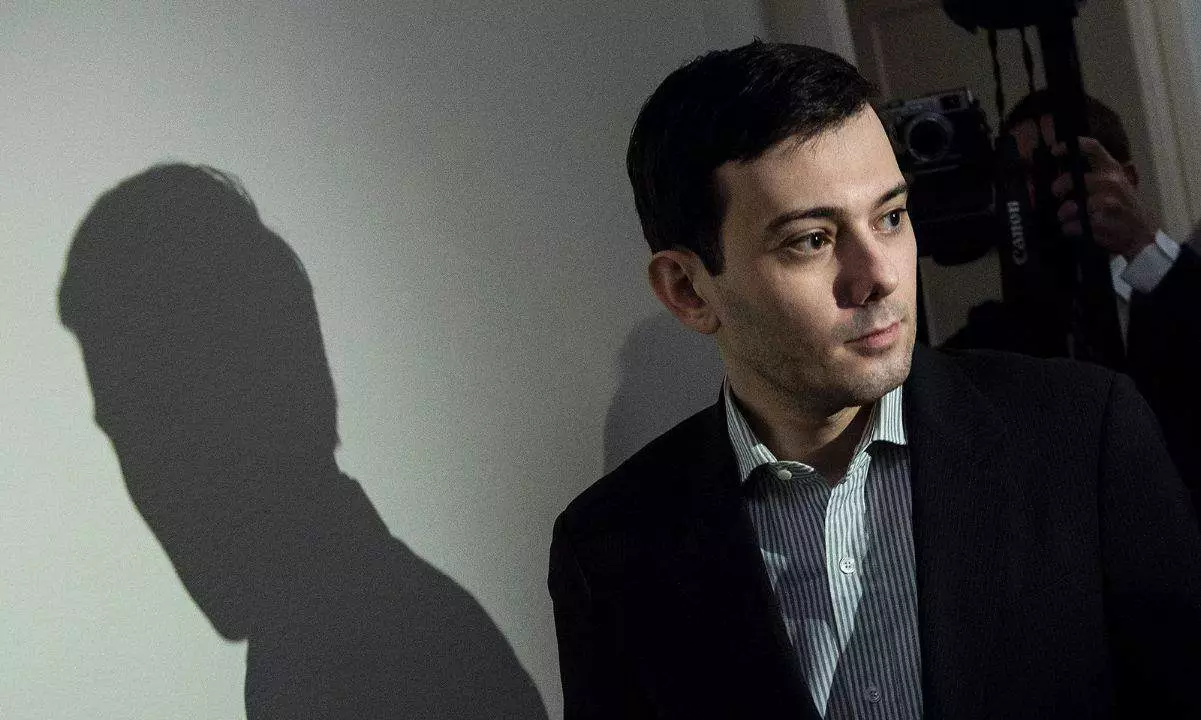The world of music and technology has increasingly intertwined in recent years, especially with the rise of non-fungible tokens (NFTs), digital assets that have created new opportunities—and complexities—within the art and music industries. A current legal battle featuring Martin Shkreli, a controversial figure known for his turbulent tenure in the pharmaceutical industry, and NFT collective PleasrDAO exemplifies these challenges. This dispute centers around a rare Wu-Tang Clan album, Once Upon a Time in Shaolin, highlighting issues of ownership, copyright, and the implications of NFTs in copyright law.
The saga dates back to June 2024, when PleasrDAO initiated legal action against Shkreli, alleging that he unlawfully created and retained copies of the single-copy album. PleasrDAO’s claims rest on a narrative that is all too familiar in today’s digital landscape: an original piece of art is bought at an exorbitant price—Shkreli acquired the album in 2015 for $2 million at a private auction—only to have its exclusivity jeopardized by the creator’s subsequent actions.
The album itself, infamous to the point of having garnered global attention, was shrouded in secrecy due to the unique stipulations surrounding its release, which would not occur until 2103. Shkreli’s arrest in 2018, tied to stock fraud allegations, only added to the album’s intrigue, culminating in the U.S. government seizing the recording as part of his asset forfeiture.
As the legal battle unfolds, Shkreli has sought to dismiss PleasrDAO’s claims, framing them as violations of the Copyright Act—an assertion that pits him against not only the NFT group but also Wu-Tang Clan members themselves. The inclusion of Robert Diggs (The RZA) and Tarik Azzougarh (Cilvaringz) into the proceedings exposes the multifaceted ownership issues surrounding the album. Shkreli contends that his purchase agreement conferred him with 50% copyright ownership, even after selling the physical album, while PleasrDAO argues that the terms led him to forfeit all rights.
The situation is further complicated by Shkreli’s alleged actions post-auction. In a provocative display of defiance, he reportedly played the album during live events, including a YouTube channel, claiming to have made multiple copies nestled in safes around the globe. This behavior not only challenges the integrity of PleasrDAO’s ownership but also serves as a public relations nightmare for all parties involved.
The Judge’s Orders and Compliance Efforts
In August 2024, a New York judge ordered Shkreli to surrender all copies of the album and submit to an affidavit confirming that he no longer possessed any. However, the compliance surrounding this order has sparked concerns. PleasrDAO has requested further assurances, fearing that Shkreli’s searches may not have been exhaustive. The ongoing tension around compliance illustrates a broader issue surrounding accountability in a digital realm that often lacks clear regulations.
The resolution of this dispute has implications that extend far beyond a single album. It reflects a mounting uncertainty around NFT ownership and copyright law, particularly as creators and collectors navigate this uncharted territory. Shkreli’s actions could pave the way for significant legal precedents in the NFT space, challenging how copyright laws are interpreted in the context of digital ownership.
As the case progresses through the courts, it becomes increasingly apparent that the dialogue surrounding ownership, copyright, and digital assets is still evolving. For PleasrDAO, this legal battle represents more than just a claim against a former pharmaceutical executive; it raises fundamental questions about the nature of ownership in the age of NFTs, where digital and physical realms collide.
Ultimately, the outcome of this case may influence how creators, collectors, and legal entities approach the intersection of art and technology moving forward. As a complex web of claims unfolds, the implications on the music industry, digital asset ownership, and copyright protections will likely reverberate, offering valuable lessons for all stakeholders involved in the budding NFT market. The stakes are high, not only for Shkreli and PleasrDAO but for the broader context of ownership in the digital era.

